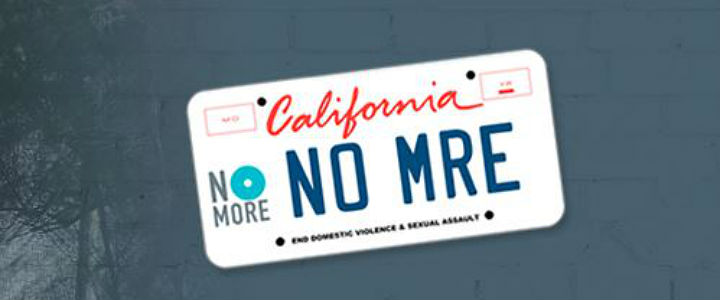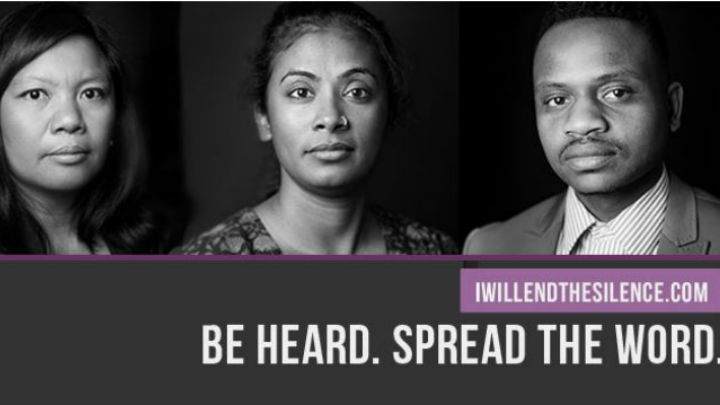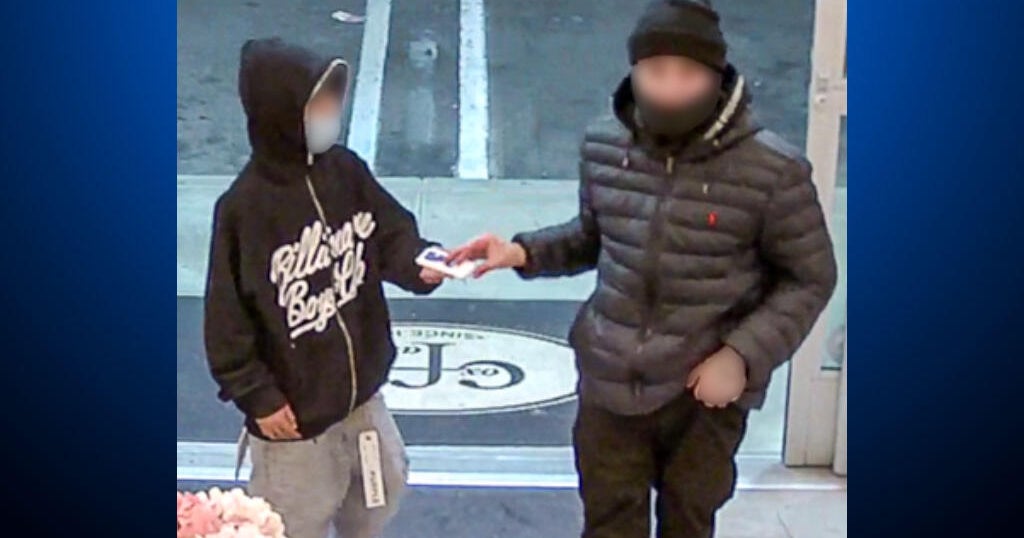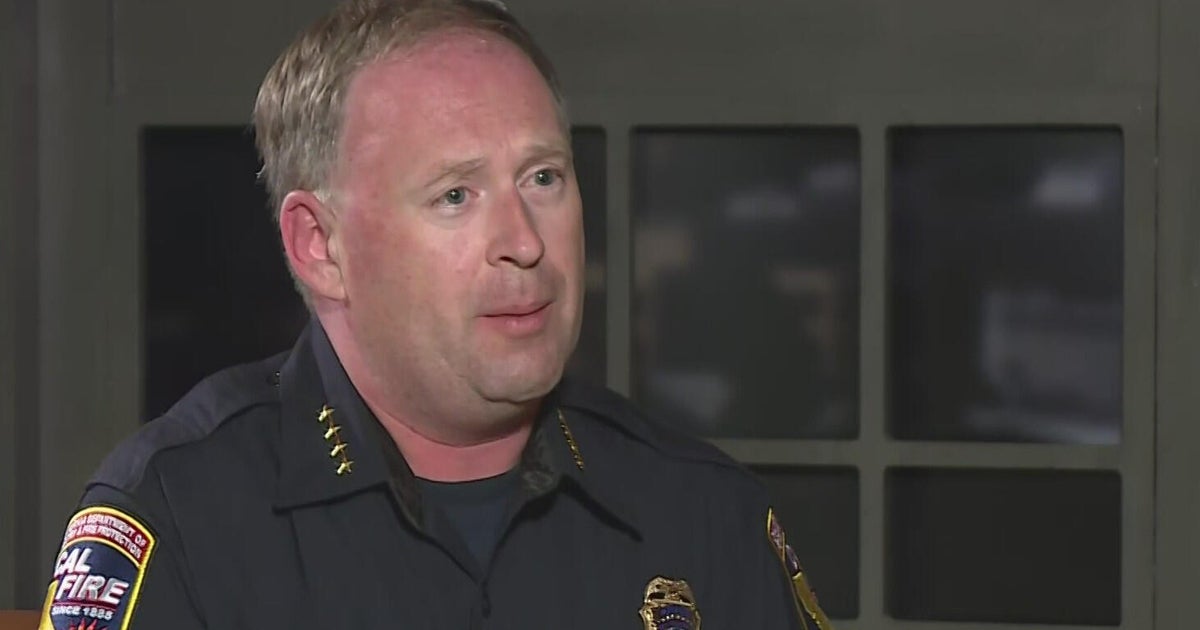You Deserve To Be Safe
You Deserve to Be Safe: Supporting Victims of Sexual Assault
Over the past year, sexual assault has been prominently featured in the headlines – bombarding our newsfeeds, search engines, and Facebook pages.
Emotions range from complete and utter shock to outrage, but most people are left with one unanswered question, "How can I help?".
Unbeknownst to most Californians, there are simple ways to support local communities and the nonprofit organizations that care for survivors of sexual assault.
The California Coalition Against Sexual Assault (CALCASA) is the professional association for the network of rape crisis centers serving survivors of sexual assault in California.
CALCASA is committed to ending sexual violence through a multifaceted approach of prevention, intervention, education, research, advocacy and public policy.
CALCASA creates strategic initiatives to raise the profile of California rape crisis centers and the needs of survivors of sexual assault.
Support Local Rape Crisis Centers
There are numerous ways to give to the local community and help survivors of sexual assault – all of which are rooted in connecting with a local rape crisis center.
Every county in California has a crisis intervention organization, called a rape crisis center, that responds to reports of sexual assault, provides hospital accompaniment, and offers follow-up counseling for victims of sexual violence.
In addition to crisis intervention services, rape crisis centers are an integral community partner for the prevention of sexual assault by offering trainings and outreach to schools and other community organizations.
Community members can donate to their local rape crisis center at any time. And, for those that wish to make more than a monetary investment, there are ample volunteer opportunities. Volunteers must complete an extensive training and pre-screening process and are usually asked to make a minimum time commitment. Visit Calcasa.org to locate a community rape crisis center.
Pre-Order a Specialized License Plate
In addition to donating time or money to a rape crisis center, Californians now have the opportunity to pre-order a specialized license plate that will raise awareness of sexual assault and funding for rape crisis centers and domestic violence agencies.
In 2015, the "California Says NO MORE" specialized license plate was created by CALCASA in partnership with the California Partnership to End Domestic Violence, the California Office of Emergency Services, NO MORE, and the Office of Assemblymember Jimmy Gomez (D-Los Angeles). This license plate boldly displays the NO MORE symbol representing sexual assault and domestic violence and is now available for pre-order at NOMOREplate.
The first-in-the-nation "California Says NO MORE" license plate established a domestic violence and sexual assault prevention fund, which will be financed through license plate purchases, and support domestic violence and sexual assault awareness and prevention efforts throughout the state.
Voluntary Contribute a Portion of your State Tax Return
In 2015, the "California Victim Services Fund" was created by legislation signed by Governor Brown, establishing a special fund for rape crisis centers via the voluntary contributions portion of the California State Tax Return.
In 2015, over $250,000 was generated, creating a new funding stream for rape crisis centers to bolster direct services to meet the needs of survivors of sexual assault in California.
Individuals may choose to contribute a portion of their tax return to the "California Victim Services Fund" on Form 540 when they file their state income tax return. Individuals that have filed for an extension are still able to make their contribution. Contributions to the "California Victim Services Fund" are tax deductible.
Help Rape Crisis Centers End Sexual Violence
You can join other individuals in the movement end sexual assault by donating to a rape crisis center, pre-ordering a "California Says NO MORE" specialized license plate, or by contributing a portion of your tax return. These are a few simple ways that you can help create a culture where sexual violence cannot exist. Communities can come together to say "NO MORE" and invest their time and energy in organizations that support survivors of sexual assault.

You Deserve to Be Safe And More
SAN FRANCISCO -- You deserve to be safe—and safety is just the baseline of what we deserve in relationships.
We all deserve to:
- Receive encouragement in pursuing our educational and career goals
- Go home to an environment where we can decompress, be comfortable, and be supported
- Maintain ongoing connections with friends and family
- Feel free and confident in expressing our thoughts, dreams and opinions to our partners
Domestic violence is a series of behaviors that attempt to control one's partner, so if you ask someone in an abusive relationship, they'll say these concepts are missing from their life.
And when survivors face multiple oppressions, the struggle of an abusive relationship is compounded. Jacquie Marroquin, the Partnership's Capacity-Building Program Manager, offers an analogy to illustrate this concept.
"[There's] this layering effect," Marroquin said. "It's almost like you take one sheet and put it over a person, and that's the issue of domestic violence. Look[ing] through one sheet and try[ing] to make your way across the room to whatever it is you need to do can be difficult."
"But you add to that the layer of being an undocumented immigrant in a place where there's lots of anti-immigrant sentiment... You add to that…another sheet—someone who doesn't speak English...You [can] have five or ten sheets on top of you, and all of a sudden, you can't breathe, you can't move, you can't see."
8,300,000 Californians experience rape, physical violence, and/or stalking in their lifetimes.
They feel the weight of these sheets. And they all deserve our support.
At the Partnership, we believe that achieving safety is just the beginning of that support. And in order to turn the tide on domestic violence, we need to listen to and believe survivors' experiences, provide trauma-informed services, and support their agency and choices on how to heal and move forward.
Domestic violence programs in California are doing this work incredibly well. With limited resources, they support as many survivors as possible. In fact, in just one day in 2015, programs served 5,177 children and adults.
There were still 1,091 survivors who could not be served due to limited resources. Adding to the fact that domestic violence programs in California also act as prevention advocates, it's easy to see the tremendous benefit they provide to their communities. What can you do to ensure that these programs continue to do this important work? Here are just a few options:
- Tell your elected representative that you support domestic violence prevention: sign this petition for AB 1399, an important bill that would create a voluntary tax contribution benefiting domestic violence organizations.
- Support domestic and sexual violence prevention by purchasing a specialized license plate for your car!
- Make a difference in your community – volunteer or donate to your local domestic violence program.
With the smart investment of prevention, we can get ahead of the crisis of domestic violence so that young people and future generations won't have to face abusive relationships.
We can truly get to that place beyond safety and achieve healthy relationships. Besides increasing funding for prevention work, we can also encourage education leaders in California to support young Californians as they begin to form their first relationships in middle and high school.
Remember, because domestic violence is a learned behavior, schools can reinforce healthy relationship skills early to make a significant impact.
Because domestic violence is a learned behavior, schools can reinforce healthy relationship skills early to make a significant impact. You can help make this a reality:
At the Partnership, we are tenacious about the public policy, capacity building, and communications strategies that make prevention and intervention possible. You can join our mighty movement of over 1,000 advocates, organizations, and allies, and help us end domestic violence. The first requirement to reaching one's full potential is safety—and together, we can create a California that also prioritizes what comes after safety: healthy, respectful, equitable relationships. For more information about the Partnership and our role in the You Deserve to Be Safe Campaign, visit our website.

Ending the Cycle of Violence
By Nadine James-Ward, Manager of Corporate Citizenship at Blue Shield of California
SAN FRANCISCO -- In the United States, more than 1 in 3 women and 1 in 8 men have experienced violence from intimate partners, according to a survey from Centers for Disease Control and Prevention (CDC).
Though it's an issue most people are not comfortable discussing out in the open, domestic violence is much more than a private issue; it is a matter of public health that affects the entire community.
In addition to physical injury, domestic violence and sexual assault can lead to depression, sleep disorders, anxiety and post-traumatic stress – all health concerns that require the support of our healthcare system. Additionally, children who witness domestic violence have a higher risk of substance abuse, lung disease, heart disease and obesity, as well as a variety of other chronic conditions as adults.
As a health plan, we believe we are responsible to not only ensure that individuals can access quality care when they need it, but also to look at the factors that bring them to shelters and health centers in the first place.
Through its partnership with the parent company, Blue Shield of California Foundation is the state's largest private funder of domestic violence services and prevention. Since 2003, the Foundation has provided funding for every shelter in the state to ensure that essential services are available to those in need. Last year, the Foundation invested more than $13 million in domestic violence service providers in California. The grants have helped spur innovative solutions and partnerships that help stop domestic violence and sexual assault before it starts.
In 2015, Blue Shield of California launched an internal campaign, providing employees with a safe forum for discussion and support. As a result, more than 3,000 Blue Shield employees took the "No More" pledge. Many also took advantage of the company's 2-to-1 match for donations made to domestic violence nonprofit organizations. The company also launched a workplace domestic violence policy, supporting affected employees and training managers to recognize and support employees who may be experiencing violence at home.
Blue Shield will continue to invest in solutions that ensure individuals have access to care when they need it. And, we encourage more companies to get involved in this cause so that survivors of domestic violence can get the resources they need to take care of themselves and their family.
We can end the cycle of violence – but only if we work together.
To learn more about what you can do to help break the cycle of violence, visit National Domestic Violence Hotline.



